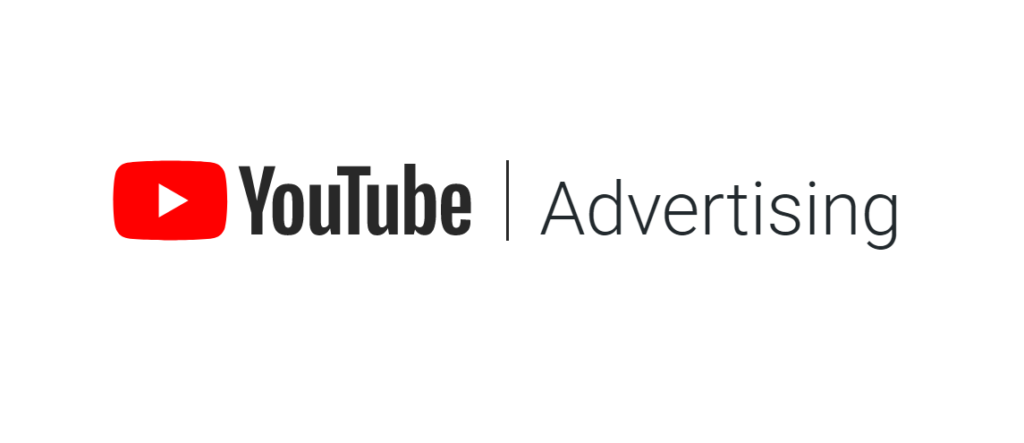Businesses of all sizes are leveraging YouTube's vast popularity to connect with their target audiences. YouTube Ads enables companies to reach a wide audience while also allowing for precise targeting based on factors like region and language.
In this article, we'll explain how YouTube Ads works and provide a step-by-step guide on how to effectively run YouTube Ads for your business.

What are YouTube Ads?
YouTube advertising is managed through Google Ads and serves as a method for promoting video content on the platform or through search engines. This allows individuals and businesses to expand the reach of their videos. Ads can be tailored to increase viewership and enhance impact.
Free YouTube users frequently encounter video ads. For instance, an ad might play before the video the user intends to watch, or several ads might be shown during longer videos. These are examples of YouTube advertising.
Benefits of YouTube Ads
Using YouTube Ads for your business offers distinct benefits. Here’s an overview of why businesses choose YouTube Ads:
Extend Reach
With over 2 billion logged-in users per month, YouTube provides a vast audience. This number is expected to grow, making YouTube advertising a powerful tool for reaching a significant number of people.
Easy Optimization
YouTube Ads offers useful optimization options. You can target your video ad based on its topic, relevant user interest categories, keywords, and demographics (such as age and gender). Additionally, you can place ads specific to certain YouTube pages.
Advanced Targeting
Effective marketing isn’t just about reaching your desired audience; it also involves excluding those who aren’t relevant. YouTube Ads allows you to exclude keywords, content, and categories that you don't want your video ad associated with, ensuring your ads reach the right viewers.
People are increasingly incorporating YouTube into their daily home routines, using smart TVs to watch from the comfort of their living rooms. Approximately 120 million people watch YouTube on TV screens each month. With video ads, you can reach audiences when their eyes are already on the screen.
A Step-by-Step Guide to Using YouTube Ads to Grow Your Business
Creating an effective YouTube Ads campaign involves more than just producing compelling video content. Follow these steps:
1. Link Google Ads to Your YouTube Channel
YouTube runs its advertising through Google Ads. To get started, link your YouTube account to your Google Ads account:
- •Log into your Google Ads account.
- •Click “Tools” at the top of the page.
- •Select “Linked Accounts” under the “Setup” drop-down.
- •Follow the directions to add your YouTube channel.
2. Create and Upload Your Video Ad
You don’t need fancy equipment to create a YouTube video; many smartphones have sufficient technology. Here’s how to get started:
- •Shoot the Content: Record the footage you need or use stock imagery.
- •Edit Your Video: Use free programs to cut scenes, add transitions, and include music.
- •Consider Time Requirements: For example, bumper ads can’t exceed six seconds.
- •Upload Your Video: Once finalized, upload it to your YouTube channel and choose an appropriate ad format based on your objectives.
For instance, if you want users to download a mobile app, avoid overlay ads that appear only on desktops. Instead, create an ad viewable on mobile devices for higher conversion rates.
3. Create a YouTube Ad Campaign in Google Ads
Next, create your YouTube ad campaign in Google Ads:
- •In your Google Ads account, go to the “Campaigns” section.
- •Select “New Campaign.”
- •Define your ad goal using the provided options.
- •Designate the campaign type as “Video.”
4. Choose Your YouTube Ad Format
Select the YouTube ad format that aligns with your campaign objectives. Refer to the list of available formats and choose one that suits your goals.
5. Set Your Budget, Schedule, and Bid Strategy
Google Ads will prompt you to:
- •Enter your budget, which affects ad frequency and prominence.
- •Set a schedule for your ad.
- •Choose a bid strategy to manage your budget allocation. Google Ads provides resources to help define your strategy.
6. Select Locations, Languages, and a Target Audience
Refine your ad targeting by:
- •Setting the geographic location where you want your ad to be shown.
- •Specifying the languages of your target audience.
- •Identifying your target demographic, such as age and gender.
7. Set Keywords, Topics, and Placements
Enhance your targeting by:
- •Choosing relevant keywords and topics that match your audience’s interests.
- •Selecting appropriate placements for your ad, such as related YouTube videos, websites, and apps.
For example, if you're launching a new lipstick line, choose topics like “beauty” or “makeup” and keywords like “lipstick,” “lip filler,” and “plumping lipstick.”
8. Enter the Link to Your Video
Paste the YouTube display URL of your video into the designated section in Google Ads.
9. Track Performance and Conversions with Google Ads
Google Ads allows you to monitor the performance of your ads, helping you decide where to allocate your marketing budget. If you’ve set up conversion tracking, use Google Ads to track performance metrics and make informed decisions. Google’s help center provides detailed guidance on tracking performance and conversions.
Finally
YouTube ads can significantly boost brand awareness and serve as an effective marketing and remarketing tool—if used correctly. To fully leverage this powerful method, consider enlisting the services of dedicated YouTube marketing experts.
Upwork offers a wide range of independent professionals, enabling you to find specialists for everything from video creation to campaign setup and performance tracking. Hire the freelance expert you need today.